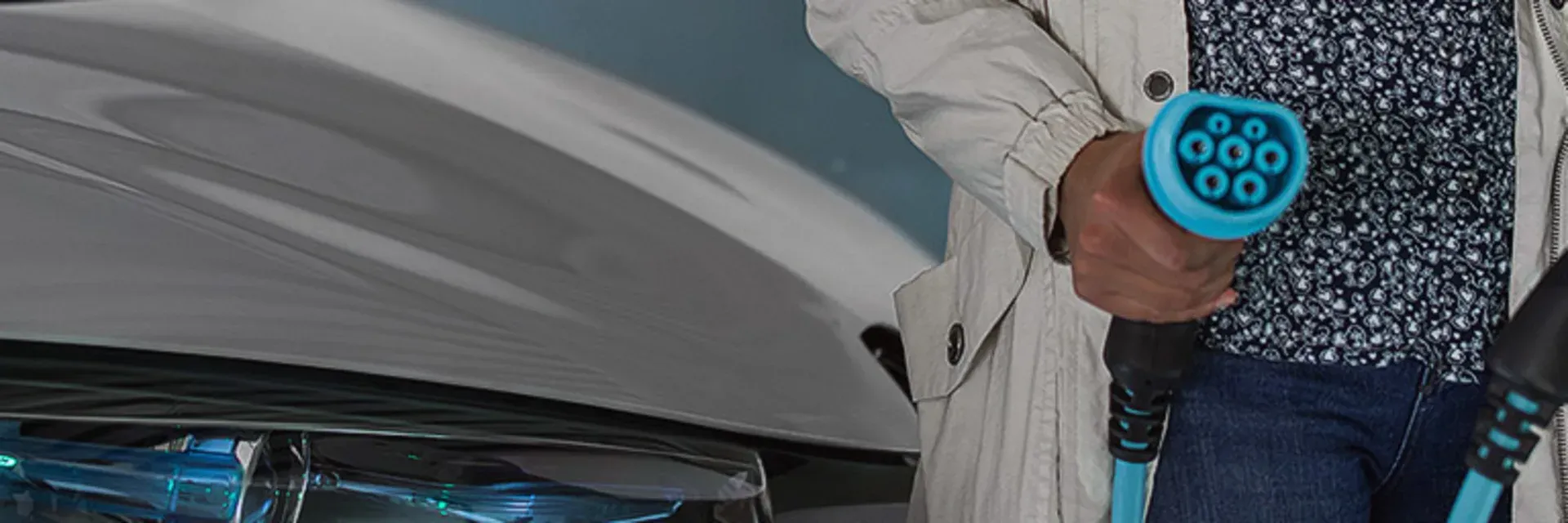
Types of EV & Hybrid
Wondering if an electric car is right for you? Discover more about electric cars and what makes them go.
Types of All-Electric Vehicle (AEVs)
Battery electric vehicles (BEVs)
BEVs are fully electric vehicles that run on rechargeable batteries alone. You can charge them up using a domestic plug, although this does take longer. A wall mounted charger installed at home or a public charging point are best.
Fuel cell electric vehicles (FCEVs)
FCEVs powered by hydrogen, are the cars of the future. They produce no harmful emissions emitting only water vapour and warm air. Instead of needing to charge them up you’ll be able to refill them with pure hydrogen gas at hydrogen fuel stations. The worlds first hydrogen car was produced in 2014 and is still in development.
Types of Hybrid Electric Vehicle (HEVs)
Plug-in hybrid electric vehicles (PHEVs)
One of the most commonly seen types of hybrid vehicle, the PHEV is usually what comes to mind when people use the term ‘hybrid car’. The plug-in hybrid type, as the name suggests, requires plugging into a power source to charge the electric battery. Unlike regular hybrids however, the plug-in varieties tend to have higher battery capacities and can drive short distances on all-electric power.
Full hybrid electric vehicles (FHEVs)
FHEVs have both a combustion engine and a battery. They can run solely on the combustion engine or solely the electric engine or a combination of the two.
Mild hybrid electric vehicles (MHEVs)
MHEVs have both an electric and combustion engine however, unlike the FHEVs, the electric part of the engine can’t power the car on it’s own. Instead, the electric battery will assist the engine. The mild hybrid recharges its electric battery through regenerative braking, so there’s no need for plug in charging.
Interested in finding out more about the Types of EV's?
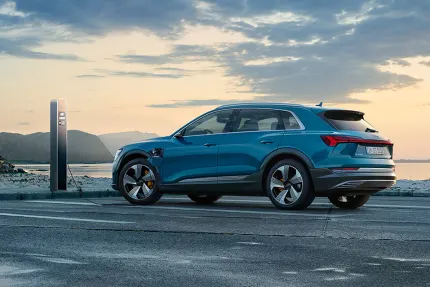
Discover Battery Electric Vehicles
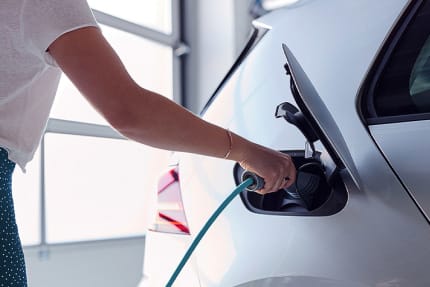
Plug-in Hybrid Electric Vehicles
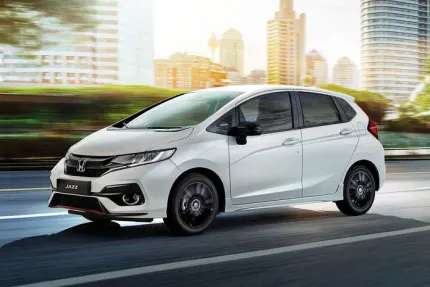
Mild Hybrid Electric Vehicles
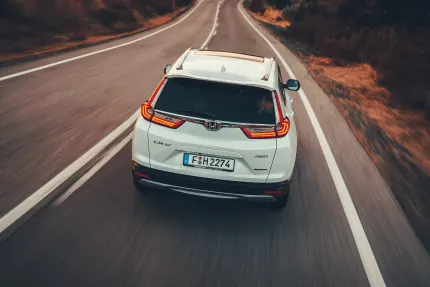
Full Hybrid Electric Vehicles
Benefits of Buying an Electric Vehicle
- Save money on fuel
- Zero emissions
- Low maintenance in comparison to conventional cars
- Exempt from paying road tax
Benefits of Buying a Hybrid Vehicle
- Low emissions
- Feels similar to driving an automatic
- No concerns about running out of battery range
- Cheaper running and maintenance costs.
Find out more about Electric Vehicles!

Charging an Electric Vehicle
Getting the best from an EV requires you to charge it properly. But how do you charge an electric vehicle?
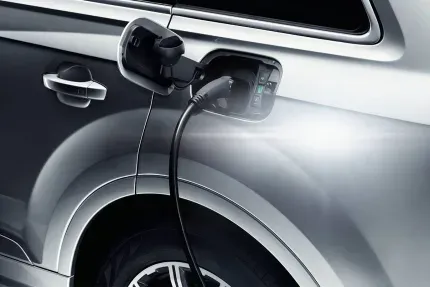
Running A Electric or Hybrid Vehicle
If you're thinking about making the switch, you may be wondering what the running costs are of electric and hybrid vehicles.

10 Electric Vehicle Myths Busted
We debunk some of the key myths surrounding electric cars

How Do Electric Vehicles Work?
We explore how electric vehicles work
Still have a question about which EV is best for you?
Our expert teams are on hand to help with any additional questions you may have!